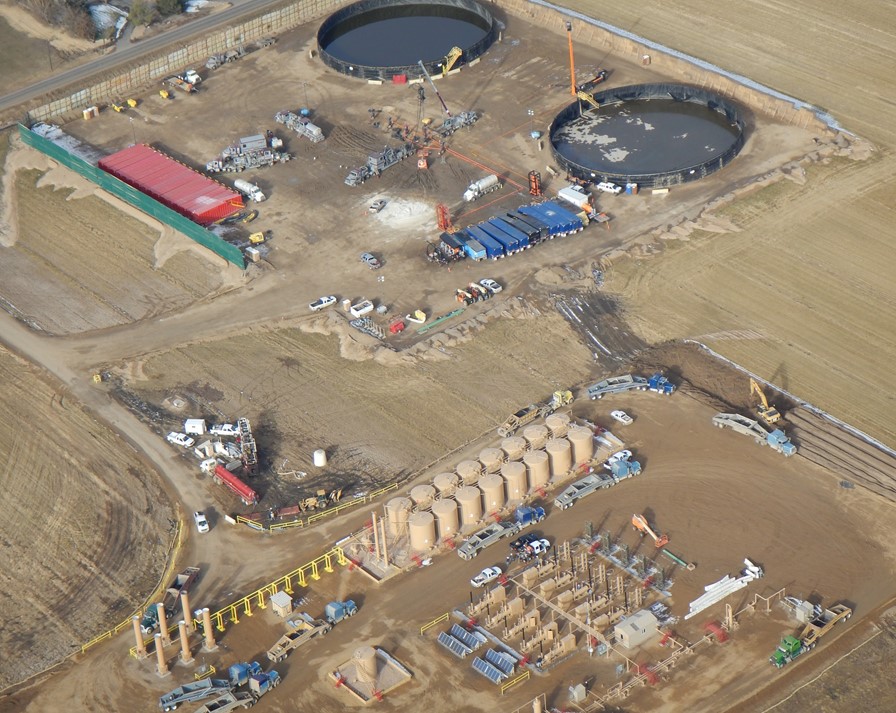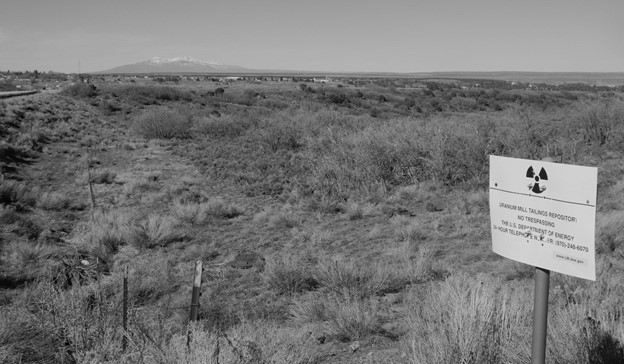
Colorado State University has a long history of commitment to environmental initiatives and sustainability, something that has remained integral to the university’s day-to-day operations, research mission, as well as engagement and outreach efforts. Thanks to more than a decade of effort from faculty, staff, and students, CSU is expanding this environmental lens to include social justice, and formalizing that commitment through the Center for Environmental Justice, officially launched in March 2020. What started as a study group in 2009, and grew to a working group in 2014, has become one of CSU’s leading initiatives regarding environmental justice issues around the world.
The social movement and scholarship related to environmental justice began formally in the United States during the early 1970s, but has sparked concern and activism around the world for much longer. According to Stephanie Malin, associate professor of sociology, current steering committee member and one of the Center’s founders, “Environmental justice was concerned about the legacies of industrial production, pollution and militarism that had been adversely impacting all kinds of communities, especially communities of color and poor communities… It formalized community responses to inequitable exposure to environmental risks and hazards.”

By bringing together nature and society in this way, environmental justice movements and scholars have examined issues of inequality ranging from water usage concerns to the infrastructure in the built environment. While the inequality experienced by people of color and poor communities who are disproportionately exposed to harmful circumstances, Lindsey Schneider, assistant professor of ethnic studies and a member of the steering committee, points out that environmental privilege is also part of the story: “Environmental amenities like bike paths or hiking trails tend to be far more accessible to wealthy, white communities.”
In striving to create a holistically collaborative initiative, the Center’s work brings together students and faculty across academic disciplines as well as affected communities. Joshua Sbicca, associate professor of sociology and a member of the steering committee, noted that the center is a space of convergence for all types of movements and institutional principles, merging commitments to issues such as anti-racism and local sustainability.
According to Dimitris Stevis, professor of political science, one of the Center’s founders and steering committee member, the Center’s members hope that it can serve as a catalyst for people across all disciplines to see the relationship their work has with questions of equity and justice, both amongst humans and between humanity and the environment.
From hosting symposiums and summits, to conducting research and teaching, the work of the Center (and its previous iterations) knows no bounds. Some of the most notable events include its 2017 Environmental Justice in the Anthropocene Symposium, which discussed environmental justice through the unique lens of the modern era, the Just Transition Summit in 2018, which facilitated discussion around Colorado’s transition away from fossil fuels towards more sustainable alternatives, and the Stories of Water Equity and Environmental Justice Symposium in 2017, which discussed issues of water privatization and equitable access.
The Center emphasizes teaching and connecting with CSU students, both through environmental justice courses and a graduate level certificate that is currently being developed. Lindsey Schneider noted, “More and more students are coming in [to the university] with the realization that ‘business as usual’ is not going to work, and we need to make some drastic changes.”
 The Center has multiple upcoming opportunities for education, internships and engagement. They will be co-hosting a water privatization and inequality webinar on April 19 with the Colorado Water Center to discuss critical topics of water equity, access, and security.
The Center has multiple upcoming opportunities for education, internships and engagement. They will be co-hosting a water privatization and inequality webinar on April 19 with the Colorado Water Center to discuss critical topics of water equity, access, and security.
In June, multiple members of the Center will be publishing an edited volume titled, Environmental Justice in the Anthropocene: From (Un)Just Presents to Just Futures which is a culmination of research and case studies across disciplines to discuss environmental justice, and reflections on inequality in the Anthropocene.
To learn more about this book, watch the Center’s website and social media for details on the book launch webinar on Wednesday, May 19, 2021 from 9:30-11:00am. Dimitris Stevis remarked that, “Environmental justice is becoming more and more prominent on a global scale, with CSU serving as one of the core nodes for engaged research and teaching, as well as activism.” If you are interested in becoming a part of this movement, visit the Center for Environmental Justice’s website to learn more about those upcoming events, as well as opportunities for collaborative research and further education.
—
The Center enjoys the support of the Provost, the Office of the Vice President for Research, the College of Liberal Arts, the Warner College of Natural Resources, and the Departments of Ethnic Studies, Economics, Philosophy, Political Science, and Sociology.